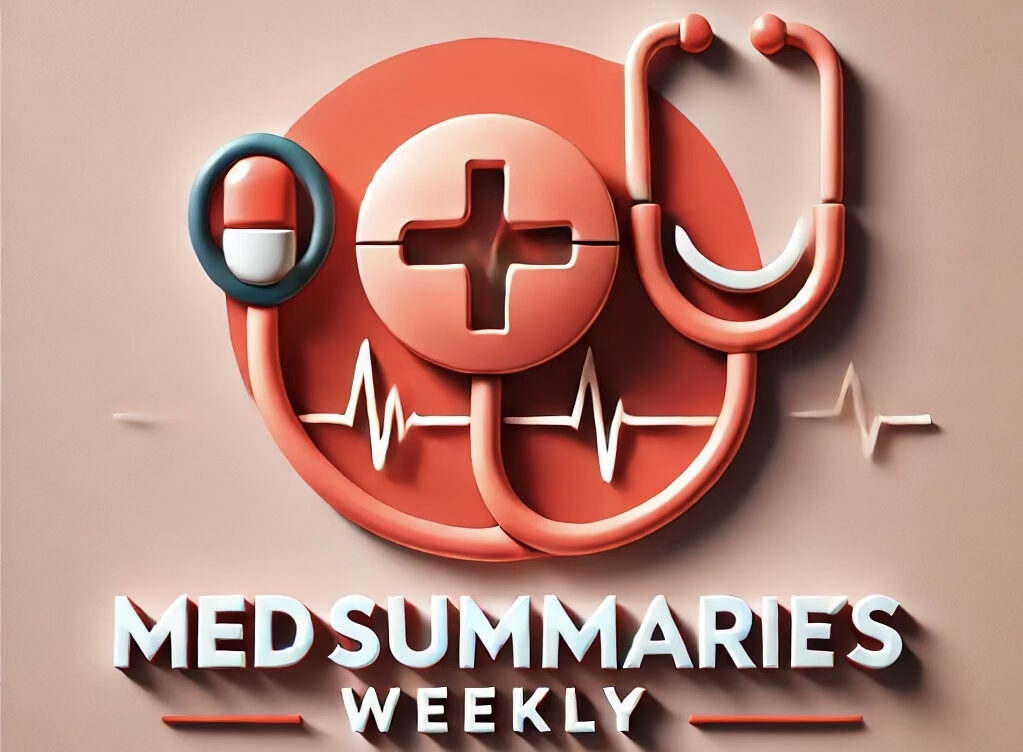What is the role of empagliflozin in patients with HF?
Study design

Population

- 3730 patients (893 female, 2837 male)
- Inclusion criteria: adult patients with chronic HF and an ejection fraction < 40% who were receiving recommended therapy
- Key exclusion criteria: myocardial infarction, major cardiovascular surgery or stroke in the past 90 days; heart transplant recipient; acute decompensated HF; symptomatic hypotension; indication of liver disease;
- impaired renal function
Interventions
- N=1863 empagliflozin (at a dose of 10 mg once daily)
- N=1867 placebo (matching placebo)
Primary outcome

Significant decrease in cardiovascular death or hospitalization for worsening HF (19.4% vs. 24.7%; HR 0.75, 95% CI0.65 to 0.86)
Secondary outcomes
- Significant decrease in total hospitalizations for HF (388 events vs. 553 events; HR 0.7, 95% CI 0.58 to 0.85)
- Significant decrease in the incidence of eGFR decline (0.55 mL/min/1.73 m2/year vs. 2.28 mL/min/1.73 m2/ year; AD -1.73 mL/min/1.73 m7/year, 95% CI -1.1 to -2.37)
- No significant difference in death from any cause (13.4% vs. 14.2%; HR 0.92, 95% CI 0.77 to 1.1)
Safety outcomes
- No significant difference in adverse effects.
- Significant difference in serious renal outcome (1.6% vs. 3.1%).
Conclusion
In adult patients with chronic HF and an ejection fraction ≤ 40% who were receiving recommended therapy, empagliflozin was superior to placebo with respect to cardiovascular death or hospitalization for worsening HF.
